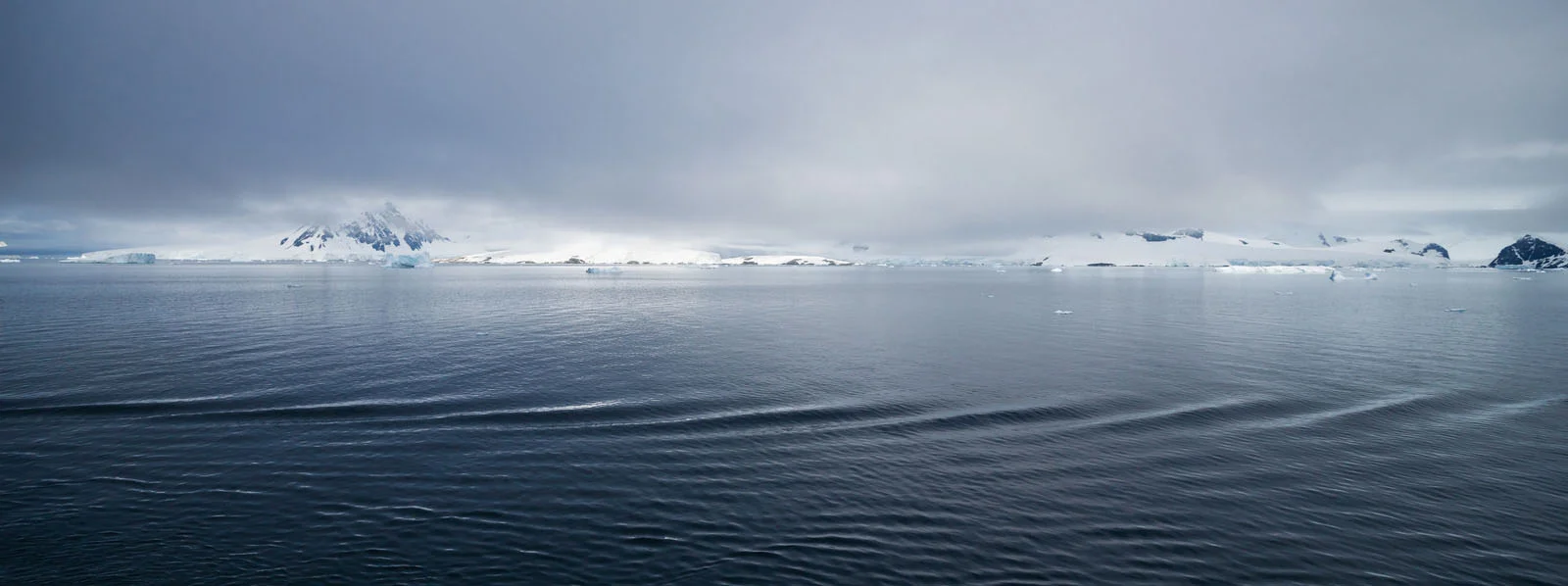
Is Antarctica Safe? 10 Tips to Travel Safe to Antarctica | Travel Blog
Is Antarctica Safe? Let’s find it out!
Antarctica, a vast and frozen wilderness at the edge of the world, beckons adventurers with its breathtaking landscapes and unique wildlife.
For those daring to venture into this extreme environment, safety becomes a paramount concern.
In this comprehensive guide, we'll address the safety aspects of exploring Antarctica and provide you with 10 indispensable tips to ensure your journey is not only thrilling but also secure.
Table of content
- Tips to travel safe to Antarctica
- The right operator makes all the difference
- Decoding Antarctica's weather mysteries
- Prioritize your health and obtain medical clearance
- Environmental stewardship: wildlife and ecosystem etiquette
- Emergency evacuation: know the plan
- Navigating icy terrain: watch your step
- Hydration and nutrition: fueling your adventure
- Regulations and permits: navigating Antarctic governance
- Communication in the vast expanse
- Fitness for the journey ahead
- Frequently asked questions
- Conclusion
Tips to travel safe to Antarctica
1. The right operator makes all the difference
Choosing a reputable tour operator is the foundation of a safe Antarctic expedition. Look for companies with extensive experience in organizing trips to this unique destination. Make sure the expedition ship that is recommended has membership in the International Association of Antarctica Tour Operators (IAATO), this is a reassuring sign of commitment to responsible and safe tourism practices.
2. Decoding Antarctica's weather mysteries
Antarctica's weather is as unpredictable as it is extreme. Equip yourself with top-notch gear designed for sub-zero temperatures, high winds, and potential snowstorms. Consult with your tour operator for a detailed packing list, and invest in quality clothing to ensure you stay warm and dry throughout your journey.
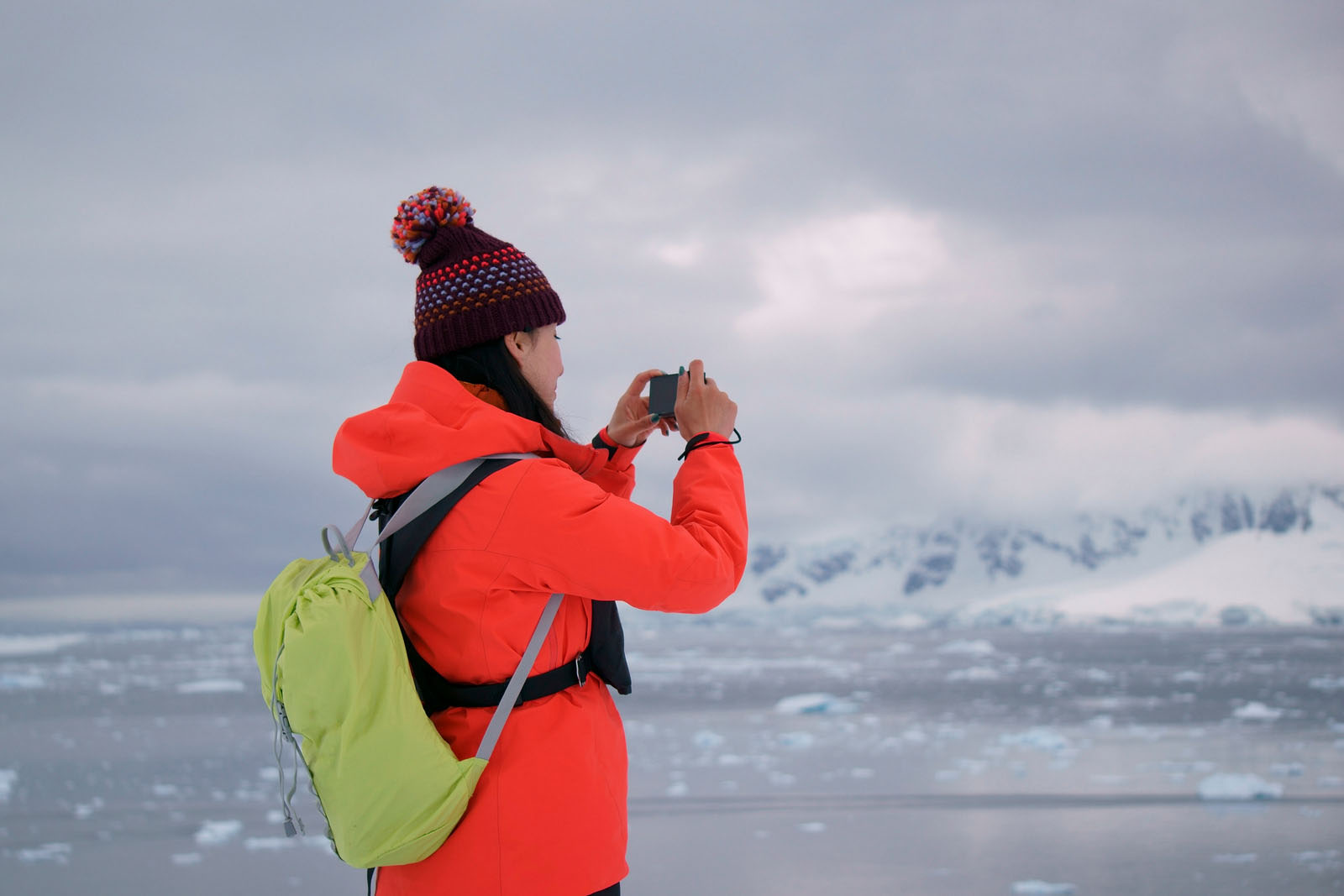
3. Prioritize your health and obtain medical clearance
Before setting foot on the continent, undergo a thorough medical examination and obtain clearance from your healthcare provider. Antarctica's harsh conditions can exacerbate existing health issues, making it crucial to ensure you are physically prepared for the challenges ahead. Check with your tour operator about the availability of onboard medical support.
4. Environmental stewardship: wildlife and ecosystem etiquette
Respecting Antarctica's delicate ecosystem is not only ethical but also crucial for your safety. Familiarize yourself with guidelines on approaching wildlife and minimizing your environmental impact. By following these principles, you contribute to the preservation of the unique flora and fauna of Antarctica.
5. Emergency evacuation: know the plan
Antarctica's remoteness means that evacuation options are limited in case of an emergency. To be licensed your cruise operator has a comprehensive emergency evacuation plan in place, and familiarize yourself with the procedures. Knowing the location of emergency equipment on your vessel is equally important.
6. Navigating icy terrain: watch your step
Exploring on land in Antarctica requires caution due to icy conditions. Follow the guidance of experienced expedition leaders and crew members. Wear footwear with excellent traction, and maintain awareness of your surroundings to prevent slips and falls on icy surfaces.
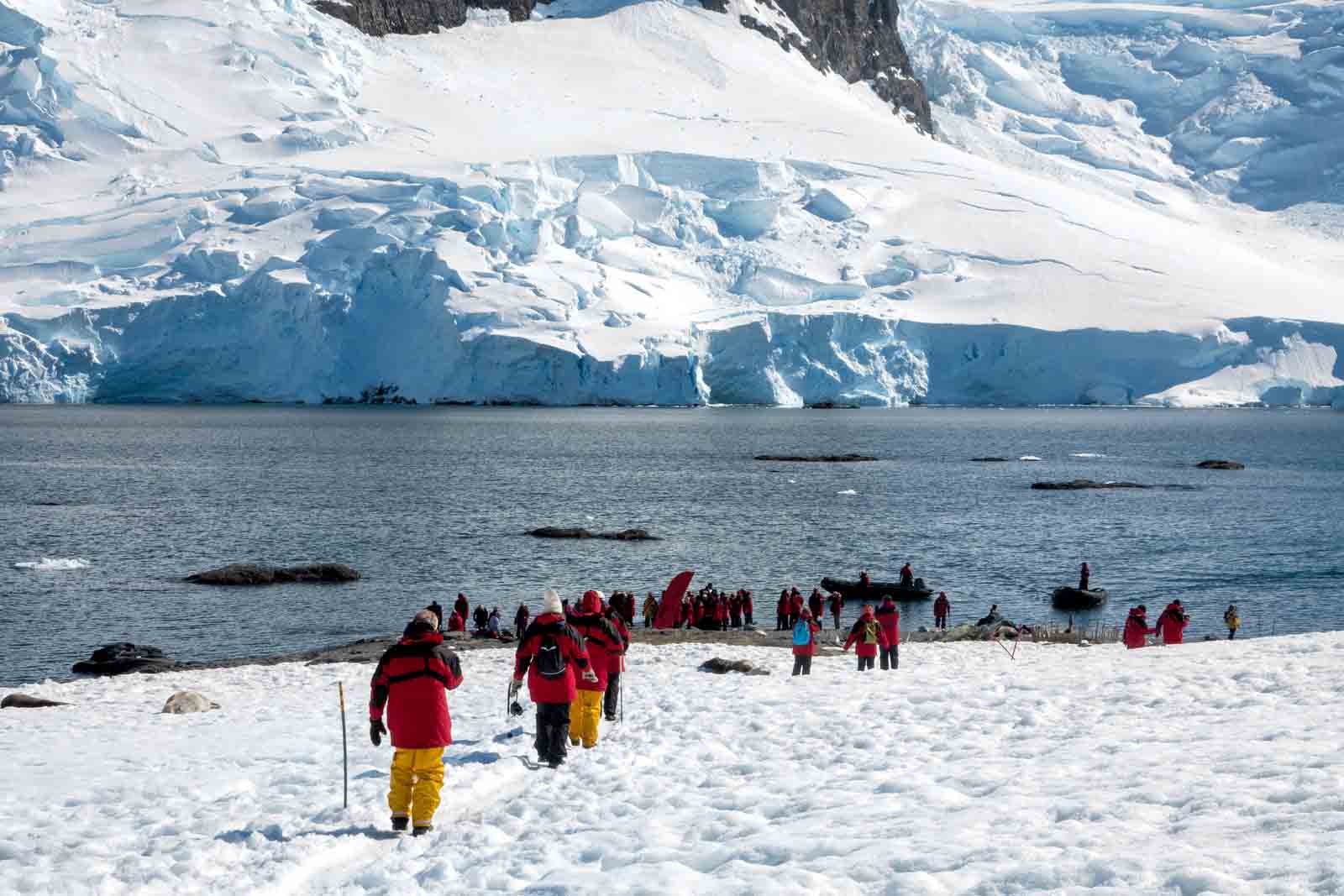
7. Hydration and nutrition: fueling your adventure
Extreme cold can lead to dehydration and fatigue. Stay hydrated by drinking plenty of water and consume energy-rich foods to maintain your stamina. Given the physical activities involved in Antarctic adventures, prioritizing your health is key to an enjoyable experience.
8. Regulations and permits: navigating Antarctic governance
Familiarize yourself with the Antarctic Treaty System, the international agreement that governs the continent. Adhering to regulations, respecting restricted areas, and obtaining necessary permits for specific activities are essential steps in ensuring a safe and lawful expedition.
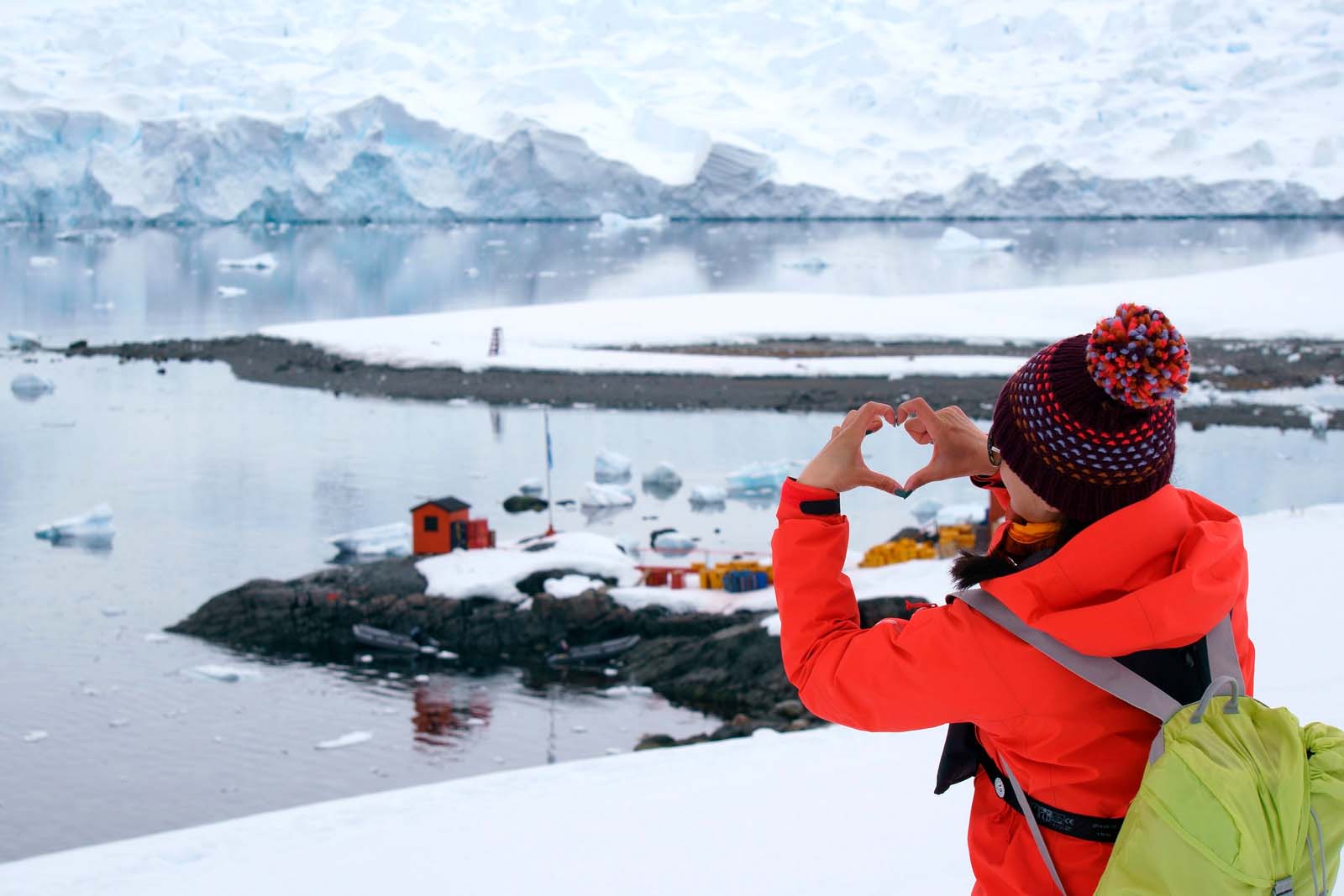
9. Communication in the vast expanse
In the expansive and isolated landscapes of Antarctica, reliable communication is paramount. Ensure your vessel is equipped with satellite phones, emergency beacons, and other communication devices. These tools become lifelines in case of unforeseen circumstances.
10. Fitness for the journey ahead
While you don't need to be an elite athlete, a basic level of physical fitness enhances your ability to enjoy the experience safely. Antarctic terrain may involve walking on uneven surfaces and navigating icy conditions. Engage in activities that improve your stamina and balance before embarking on your Antarctic adventure.
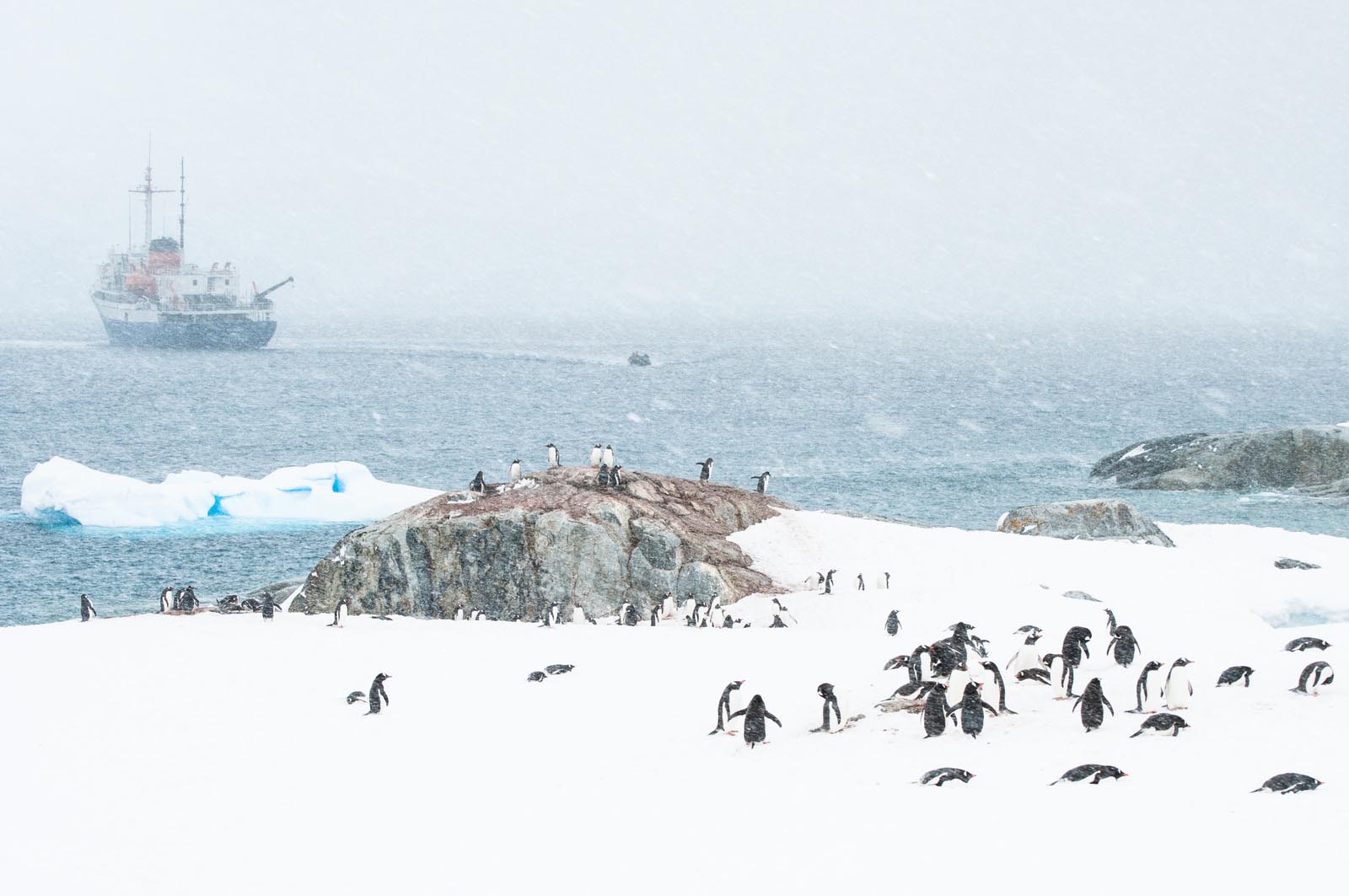
Frequently asked questions
Is Antarctica safe for tourists?
Absolutely. While Antarctica presents unique challenges due to its extreme environment, visiting as a tourist can be safe with proper planning and guidance. Reputable tour operators prioritize safety, providing comprehensive guidelines and adhering to international regulations to ensure a secure experience.
How cold does Antarctica get, and is it dangerous?
Antarctica is the coldest place on Earth, with temperatures often dropping below -40 degrees Celsius (-40 degrees Fahrenheit). While these extreme temperatures can be hazardous, with proper clothing and gear, tourists can safely navigate the cold. Reputable tour operators provide detailed packing lists to ensure visitors are adequately prepared for the harsh conditions. Also, you will be visiting in the summer months where temperatures average 0-5 degrees Farenheit.
Are there any health risks associated with traveling to Antarctica?
Health risks in Antarctica are primarily related to the harsh environment. Visitors should undergo thorough medical check-ups before embarking on their journey and obtain medical clearance. Precautions, such as protecting against frostbite and staying hydrated, are crucial. Tour operators often have onboard medical support, adding an extra layer of safety.
Are there dangerous animals in Antarctica?
While Antarctica is home to unique and captivating wildlife, the animals are generally not a threat to humans. However, it is essential to follow strict guidelines for approaching wildlife to ensure both your safety and the well-being of the animals. Seals, penguins, and various bird species may be present, but respecting their habitat is key to a safe encounter.
How remote is Antarctica, and what happens in case of an emergency?
Antarctica is one of the most remote places on Earth, and evacuation options are limited. However, tour operators have thorough emergency evacuation plans in place. Vessels are equipped with communication devices, and the crew is trained to handle emergencies. Visitors should familiarize themselves with these procedures and the location of emergency equipment on board to ensure a swift response in case of unforeseen circumstances.
In summary, while Antarctica poses unique challenges, with careful planning, adherence to guidelines, and choosing reputable tour operators, visiting this pristine continent can be a safe and awe-inspiring experience.
Conclusion
As you prepare to embark on the journey of a lifetime to explore Antarctica, prioritize safety at every step. With the right tour operator, proper gear, attention to health, and adherence to guidelines, you can turn your dream of visiting Antarctica into a reality. Voyagers Travel has unparalleled experience in booking exploration cruises with the licensed and vetted expedition cruise companies that are licensed to safely explore Antarctica.
This unique and pristine continent, with its untouched beauty and incredible wildlife, awaits those who approach it with respect and preparedness. Safe travels!


